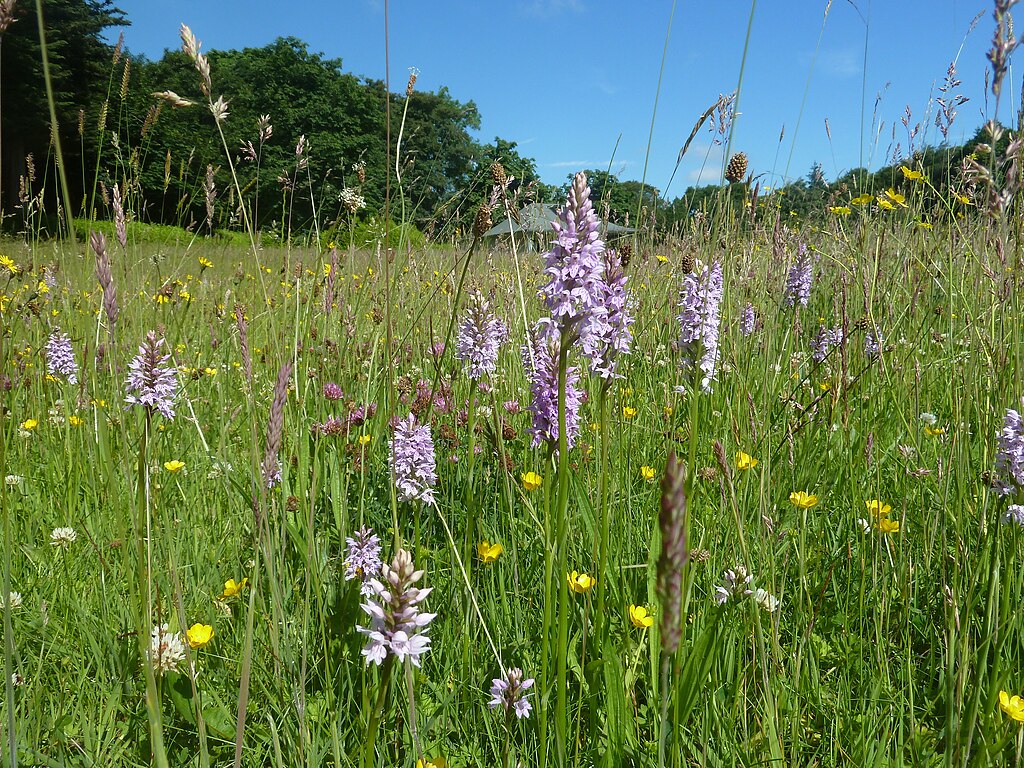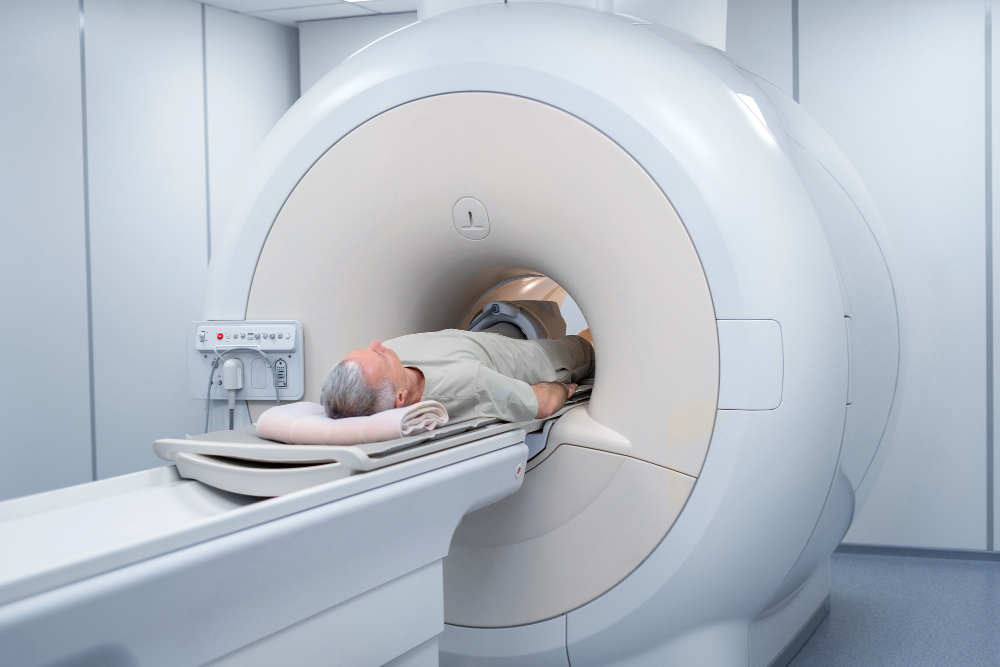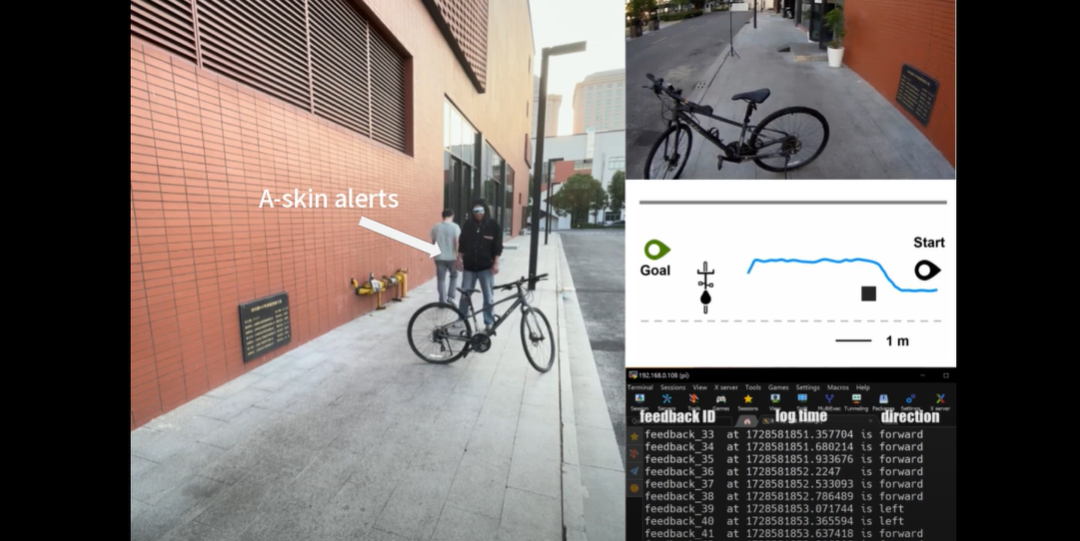15% of the world's crops could be contaminated by heavy metals
Up to 1.4 billion people may be living in areas with soil contaminated by heavy metals such as arsenic, cadmium, cobalt, chromium, copper, nickel and lead, according to research published in Science. The paper, which used data from more than 1,000 studies, estimates that 14-17% of farmland worldwide could be contaminated by at least one toxic metal. Cadmium is the most widespread, especially in South and East Asia, parts of the Middle East and Africa.









